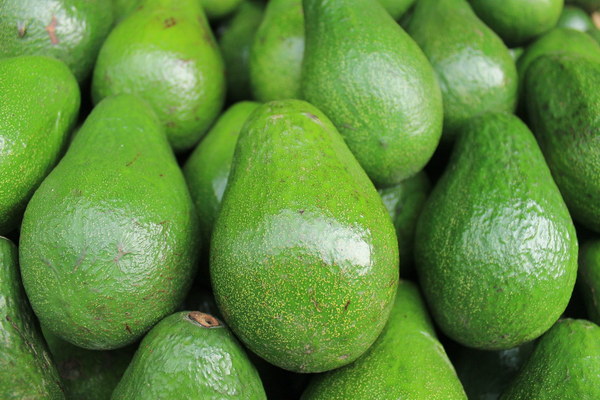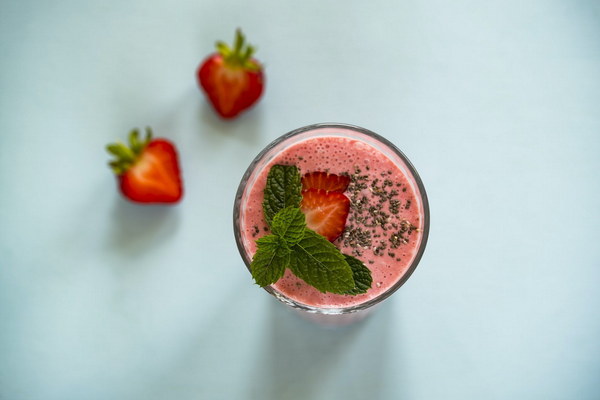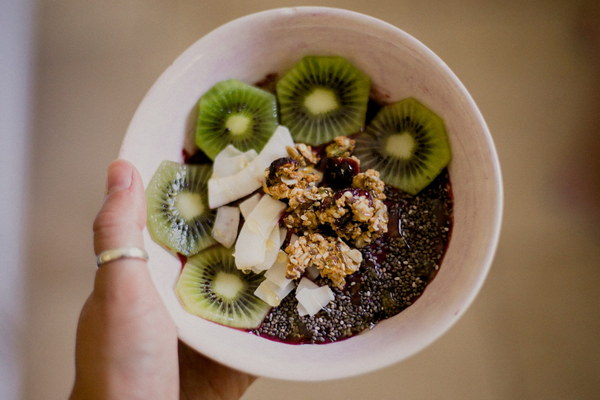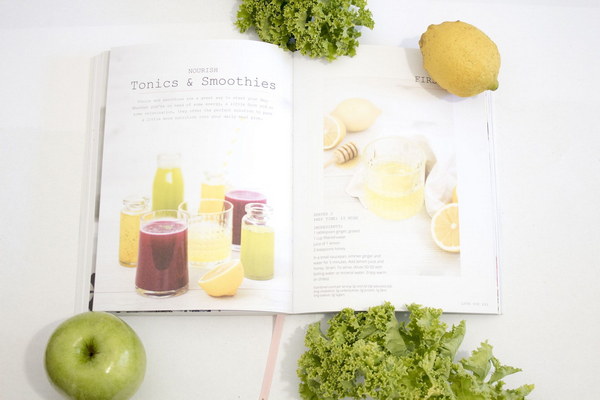Natural Remedies What to Eat to Balance High Hemoglobin Levels
High hemoglobin levels, also known as polycythemia, can be a concern for individuals as it indicates an overproduction of red blood cells in the body. This condition can lead to various complications if left unaddressed. The good news is that there are natural ways to help manage and balance high hemoglobin levels. This article will explore the best foods and dietary adjustments to consider for maintaining healthy hemoglobin levels.
1. Leafy Green Vegetables
Leafy green vegetables, such as spinach, kale, and Swiss chard, are rich in iron and folate, which are essential for red blood cell production. However, it's important to consume these foods in moderation, as excessive iron intake can exacerbate high hemoglobin levels. Incorporate these greens into your diet by steaming, sautéing, or adding them to salads and smoothies.
2. Fruits High in Vitamin C
Vitamin C helps improve iron absorption and can help manage high hemoglobin levels. Fruits like oranges, strawberries, kiwis, and bell peppers are high in vitamin C. Include these fruits in your daily diet by eating them fresh, adding them to salads, or blending them into smoothies.
3. Nuts and Seeds
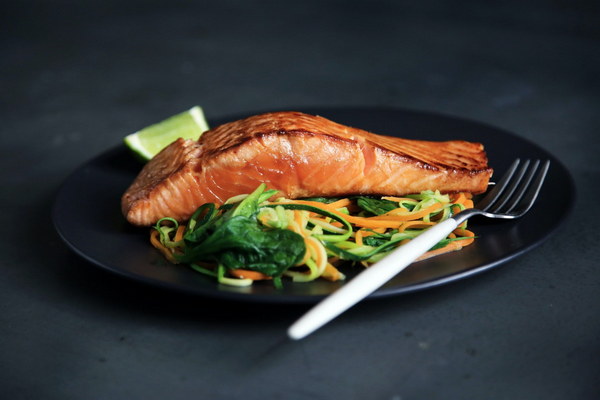
Nuts and seeds, such as almonds, walnuts, sunflower seeds, and chia seeds, are excellent sources of iron, magnesium, and vitamin E. These nutrients play a vital role in maintaining healthy hemoglobin levels. Add nuts and seeds to your diet by incorporating them into yogurt, oatmeal, or as a crunchy topping for salads.
4. Legumes
Legumes, such as lentils, chickpeas, and black beans, are high in iron, fiber, and protein. These nutrients help manage high hemoglobin levels by improving digestion and supporting red blood cell production. Include legumes in your diet by adding them to soups, stews, salads, or as a side dish.
5. Whole Grains
Whole grains, such as brown rice, quinoa, and oatmeal, are rich in iron and fiber. These nutrients help regulate hemoglobin levels by improving digestion and preventing constipation, which can contribute to high hemoglobin levels. Incorporate whole grains into your diet by replacing white rice and pasta with their whole-grain counterparts.
6. Vitamin B12 and Folate-Rich Foods
Vitamin B12 and folate are crucial for red blood cell production and can help manage high hemoglobin levels. Foods rich in these nutrients include fortified cereals, eggs, dairy products, and leafy green vegetables. Ensure you're getting enough of these nutrients by consuming a balanced diet or, if necessary, taking a supplement.
7. Hydration
Proper hydration is essential for maintaining healthy hemoglobin levels. Dehydration can lead to thicker blood, which may contribute to high hemoglobin levels. Drink plenty of water throughout the day, and consider herbal teas or infused water with slices of lemon, cucumber, or mint to add flavor.
8. Limit Red Meat Consumption
While red meat is a significant source of iron, excessive consumption can contribute to high hemoglobin levels. Limit your intake of red meat and opt for leaner protein sources, such as poultry, fish, and plant-based alternatives.
In conclusion, managing high hemoglobin levels can be achieved through a balanced diet that includes a variety of nutrient-rich foods. By incorporating these foods into your daily routine and making mindful dietary adjustments, you can help maintain healthy hemoglobin levels and reduce the risk of complications associated with polycythemia. Remember to consult with a healthcare professional before making any significant changes to your diet or treatment plan.


